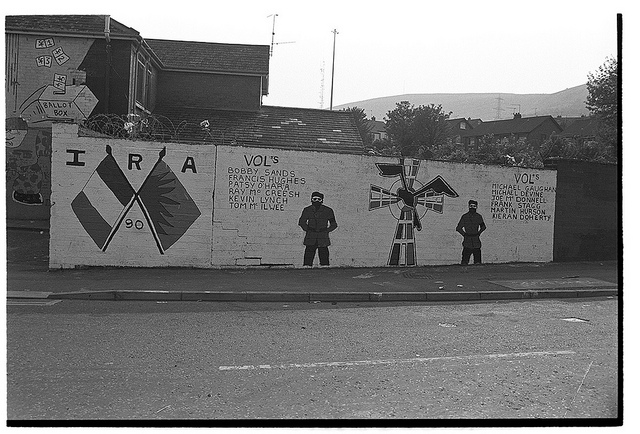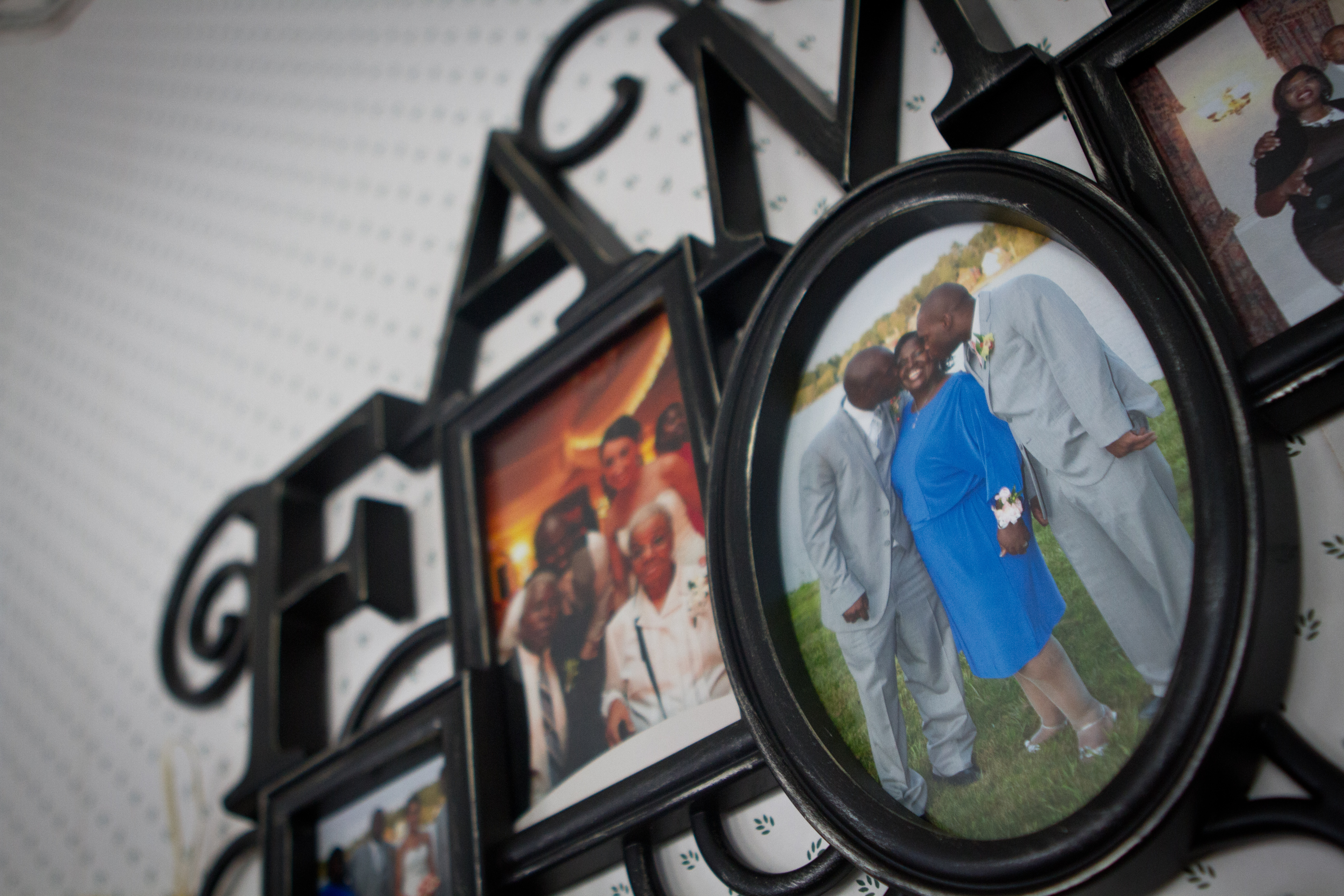increasing access and success
This month marks the anniversary of Brown v. Board, the 1954 Supreme Court decision that declared 'separate but equal' education unconstitutional and provided the legal basis for desegregating schools.
Sixty years later, data from The Civil Rights Project at UCLA shows American schools are actually more racially isolated than ever.
Nikole Hannah-Jones is a reporter with ProPublica. Her most recent story looks at why schools are as segregated now as they were before the landmark decision.
Listen to our interview with Nikole at the Education Writers Association's national seminar in Nashville:
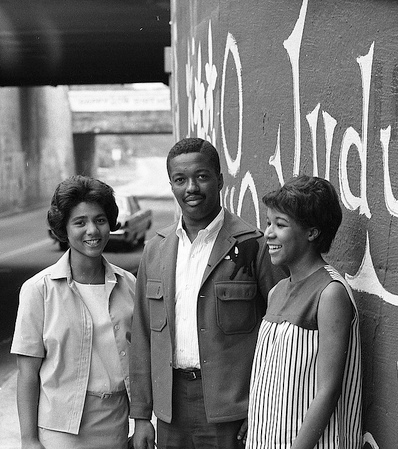
This Saturday marks the 60th anniversary of Brown v. Board of Education, the landmark Supreme Court ruling that paved the way for American schools to desegregate. Integration was a slow, and often violent, process that wasn't isolated to the American South.
In Boston, in the 1970's, a judge ordered the busing of children from one part of town to another to integrate public schools. Known today as the busing crisis, the court order set off a wave of protests.

Tufts University has settled its dispute with the U.S. Education Department over its compliance with federal sexual assault policy. The disagreement touched off a national debate about sexual abuse investigations on college campuses.
Friday's settlement comes just over a week after the Department said Tufts had mishandled sexual violence and harassment complaints, and the university withdrew its agreement to comply with Title IX, the federal law that prohibits sex discrimination on college campuses.
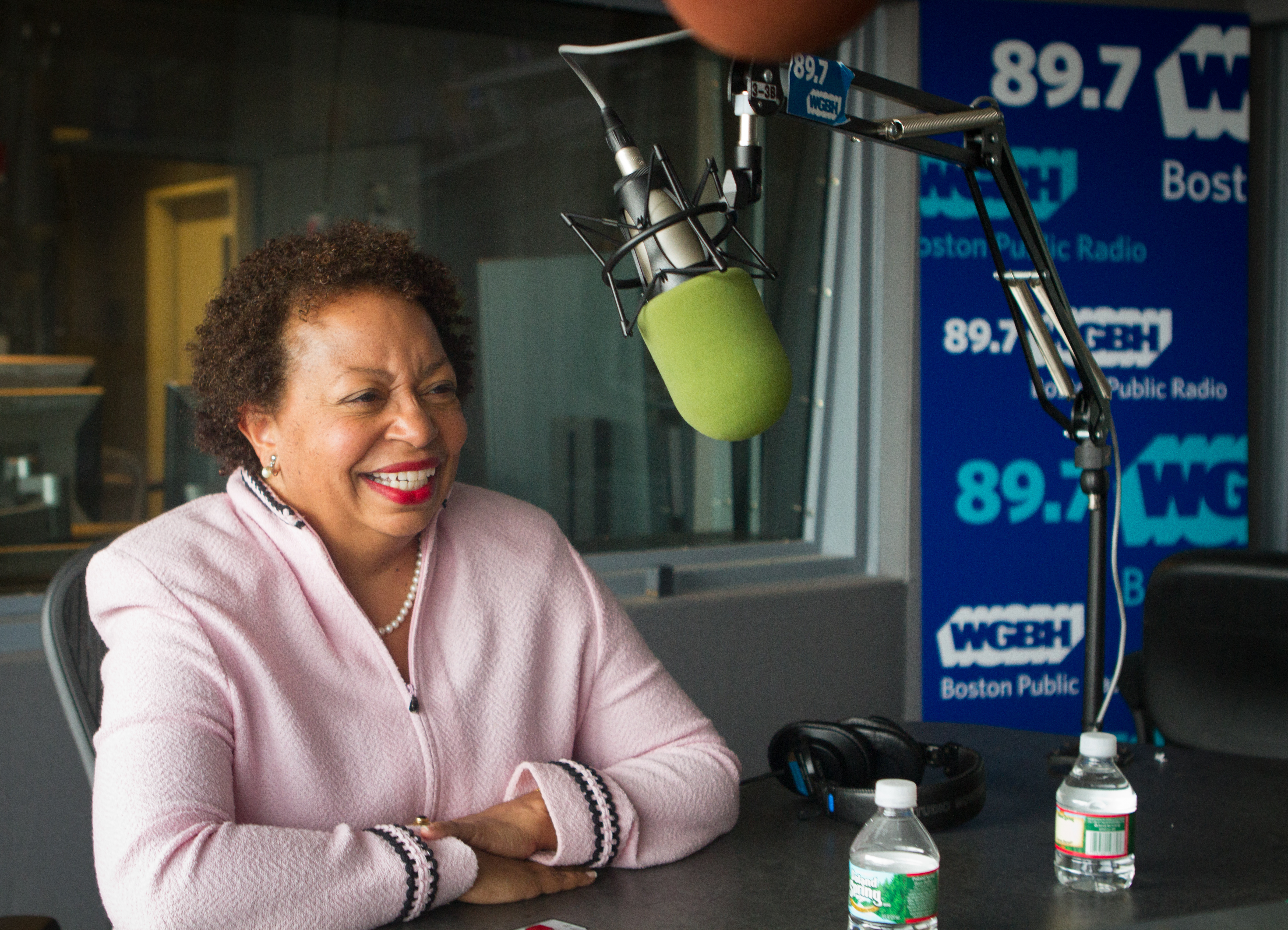
Last month, Trinity College, a predominantly white, elite, liberal arts school in Hartford, Connecticut, appointed its first African-American and female president, Joanne Berger-Sweeney. Berger-Sweeney’s appointment has drawn attention to a somewhat dismal statistic.
The number of women who lead colleges nationwide has increased, although the numbers are few. And the number of presidents who are people of color has actually declined slightly, only 13 percent nationally. Berger-Sweeney feels the pressure.
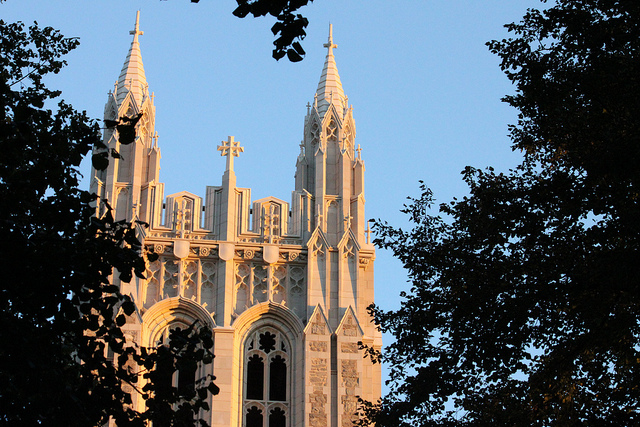
Sinn Fein leader Gerry Adams remains in an Irish prison, being questioned about the murder of a Belfast woman in 1972.
It’s widely believed that information from a Boston College oral history project that was supposed to be kept confidential helped lead to Adams's arrest. Now, some are questioning how this case will impact academic freedom and inquiry on campus.
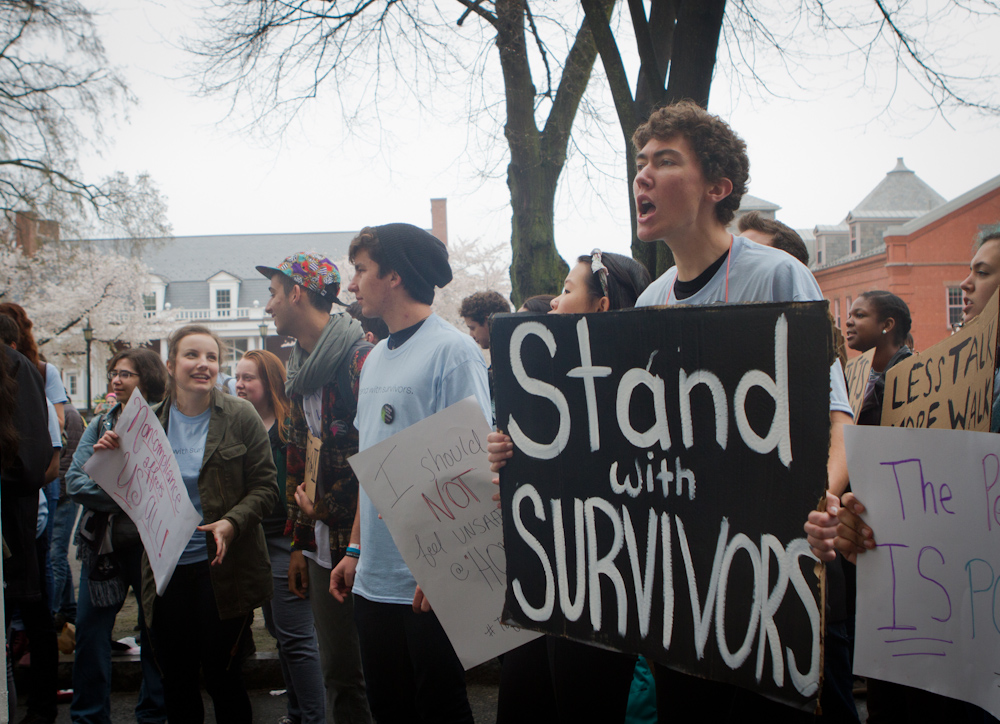
For the first time, the US Department of Education released a full list of colleges and universities facing sexual abuse investigations and six Massachusetts colleges are on the list.
The schools include Amherst, Boston University, Emerson, Harvard College, Harvard Law School and the University of Massachusetts Amherst. All are under investigation for the mishandling of sexual violence and harassment complaints.

As sexual assault victims on college campuses begin to speak out, many are asking: what's the solution?
This week on The Takeaway, California Representative Jackie Speier talked about one creative proposal that she hopes will help hold colleges accountable for how they handle sexual assault on their campuses.


